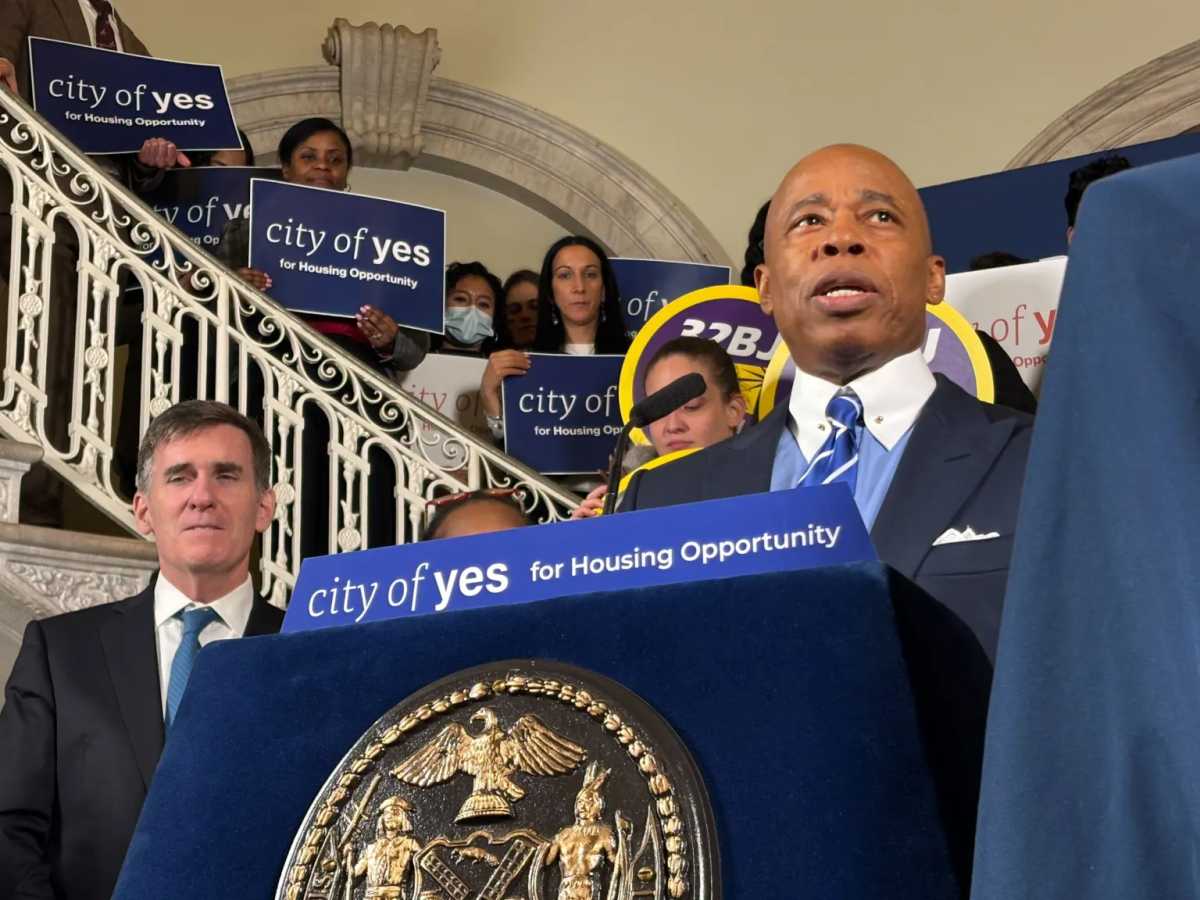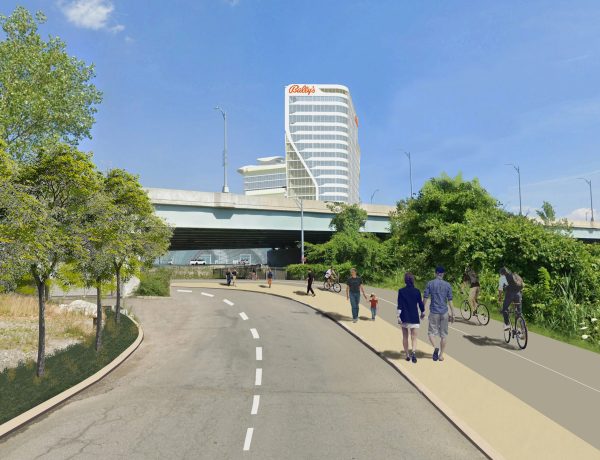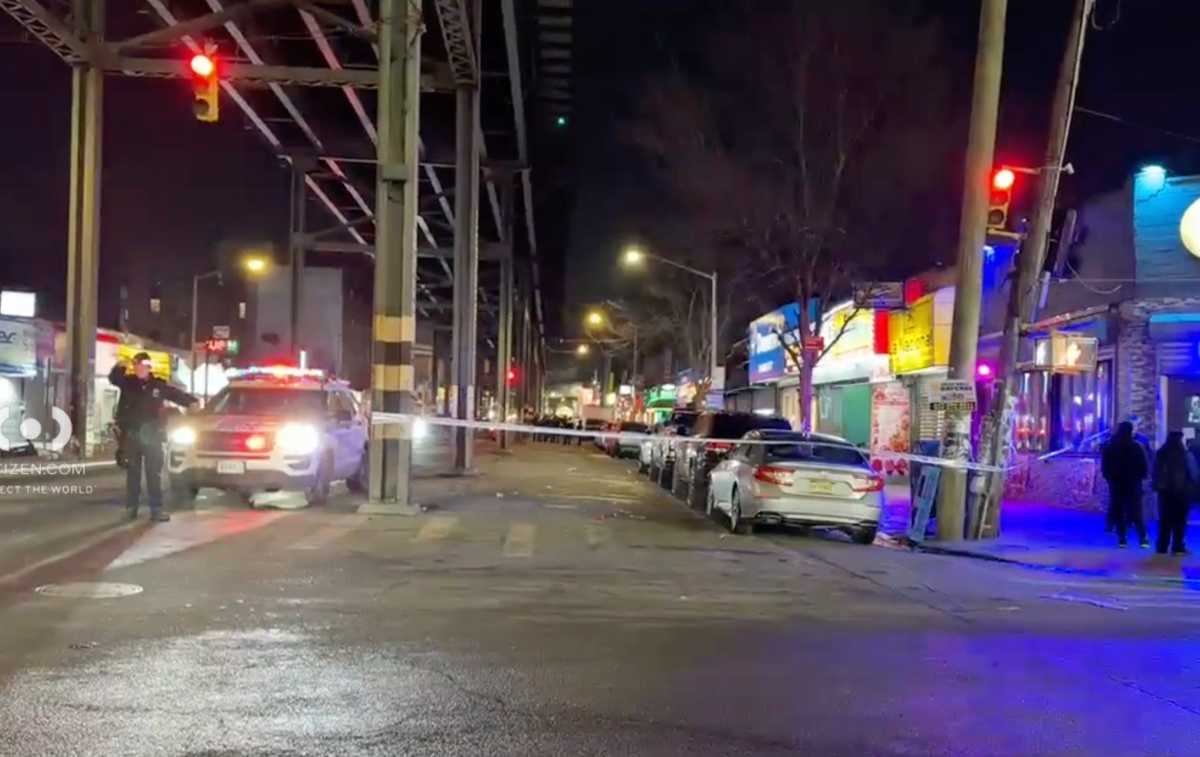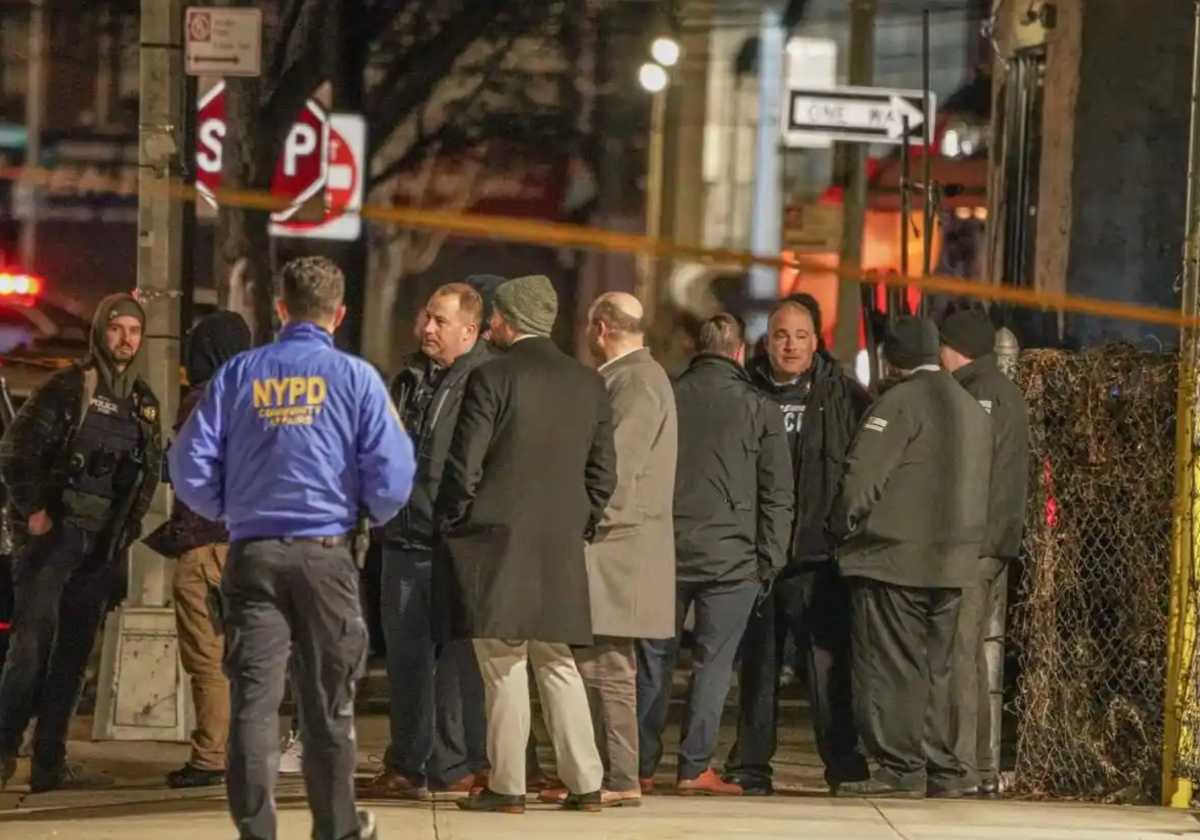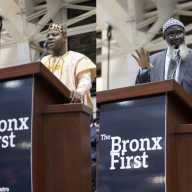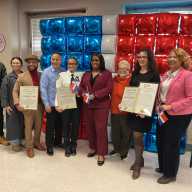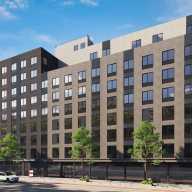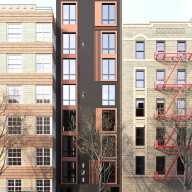The trio of rezoning policies collectively known as City of Yes is making its way through a legal challenge, bolstered by support from Bronx residents and organizations who argue the reforms were rushed through without proper assessment of their environmental and local impact.
The lawsuit was filed in March against Mayor Eric Adams, the City Council, City Planning Commission, and Department of City Planning and has more than 100 plaintiffs, made up of elected officials, individuals, and community groups seeking to block the rezoning they say was illegally implemented.
City of Yes for Economic Opportunity, City of Yes for Housing Opportunity, and City of Yes for Carbon Neutrality all separately passed through City Council between late 2023 and late 2024 and represent the most significant zoning overhaul in decades.
The changes are meant to update existing laws to create “a little more housing in every neighborhood,” foster more businesses and support the city’s climate and sustainability goals. Under the rezoning, the city expects to create 80,000 new homes over the next 15 years.
But in the Bronx and elsewhere, plaintiffs argue that the city rushed the state-required environmental review processes and did not fully account for the cumulative impact of all three rezonings.
More broadly, they fear the City of Yes will bring radical changes to the character of local neighborhoods. The housing policy, in particular, is “a gift to the real estate industry” that will likely result in more expensive apartments, according to Laura Spalter, a north Riverdale resident for over 50 years.
At a July 16 hearing in Richmond County Supreme Court, attorney Jack Lester — who also represented communities in the lawsuit against congestion pricing — argued on behalf of the numerous plaintiffs opposed to the City of Yes plan.
In passing the rezoning, the city violated the State Environmental Quality Review Act because it offered no mitigation to the dozen areas with potential for “significant negative environmental consequences,” such as traffic, noise and pollution, Lester said in a July 25 phone call.
In addition, the city did not offer alternative proposals, and it evaluated each City of Yes element separately, “as if they were not linked,” thereby understating the overall impact, said Lester.
However, a City Hall spokesperson said via statement that the rezoning was correctly enacted.
It represents “game-changing work that will deliver unprecedented, equitable change to our housing crisis by building more housing in every neighborhood,” the spokesperson said.
“When it comes to housing, there will always be those who say, ‘Not in my backyard,’ but we stand by the city’s thorough and transparent review process and we are confident that this initiative was lawfully enacted.”
‘A rush-rush’ job?
A judge’s decision is expected next, but there are two levels of appeal after that — so a final decision on the future of City of Yes may be a long time coming, according to Lester.
Other Bronx plaintiffs in the lawsuit include District 13 Council Member Kristy Marmorato, the Van Nest Neighborhood Alliance, Morris Park Community Association, Waterbury LaSalle Community Association and Allerton Homeowners and Tenants Association.
The lawsuit petition said Marmorato’s low-density district “will be eviscerated due to the unreviewed negative environmental consequences of the Rezoning.” Marmorato’s office did not respond to a request for comment.
In Spalter’s capacity, she has advocated against City of Yes since its introduction and co-founded Protect Bronx Neighborhoods from Overdevelopment in response, gaining support from members in a wide array of Bronx neighborhoods, including Allerton, City Island, Parkchester, Pelham Parkway, Spuyten Duyval, Throggs Neck and Westchester Square.
Spalter and her husband, Robert, are two of eight Bronx County individual plaintiffs in the lawsuit. She testified against City of Yes in an October 2024 City Council hearing and attended the July 16 oral arguments.
The city’s “radical changes” will have a “huge” impact on quality of life in neighborhoods like hers, Spalter said in a July 24 interview.
Only the housing policy underwent a full environmental review, she said. “This was just a rush-rush.”
Spalter acknowledged that the city needs more affordable housing, but she believes City of Yes won’t actually help residents.
She said the main issue is that rezoning will allow developers to build taller buildings if they voluntarily agree to set aside what she called “a small number” of affordable units. This will make development more affordable for developers, but not most New Yorkers.
City of Yes “is about luxury housing,” said Spalter.
However, the city says that if the rezoning — specifically its Universal Affordability Preference — had been in place since 2014, it would have created 20,000 income-restricted, affordable homes by now.
The city has also said the rezoning will create “a little more housing in every neighborhood” so as to avoid overburdening any one area, such as the South Bronx, which has historically outpaced the rest of the city in creating new affordable units.
Notably, housing data shows that several districts that have produced the least affordable housing since 2014 are represented by council members now suing over City of Yes.
The districts currently represented by Council Members Vickie Paladino, Joann Ariola and Robert Holden of Queens, Susan Zhuang of South Brooklyn and David Carr of Staten Island — who all signed on to the lawsuit — have produced a combined total of 724 affordable units since 2014.
By contrast, Bronx District 15 alone, which includes Morrisania, Fordham Heights and Bedford Park and is currently represented by Oswald Feliz, produced 7,706 units during that time.
Spalter said there isn’t much more room in north Riverdale. “My neighborhood is predominantly all built up.”
She said the city should focus more on filling vacant apartments, especially at NYCHA buildings, and that the city should have been “more thoughtful” and listened more to residents as City of Yes was under review. “Communities do know their communities.”
Reach Emily Swanson at eswanson@schnepsmedia.com or (646) 717-0015. For more coverage, follow us on Twitter, Facebook and Instagram @bronxtimes

